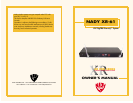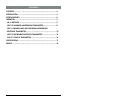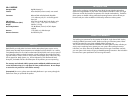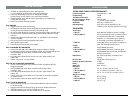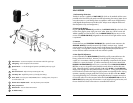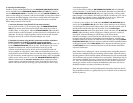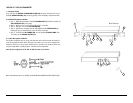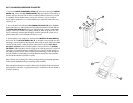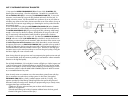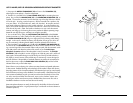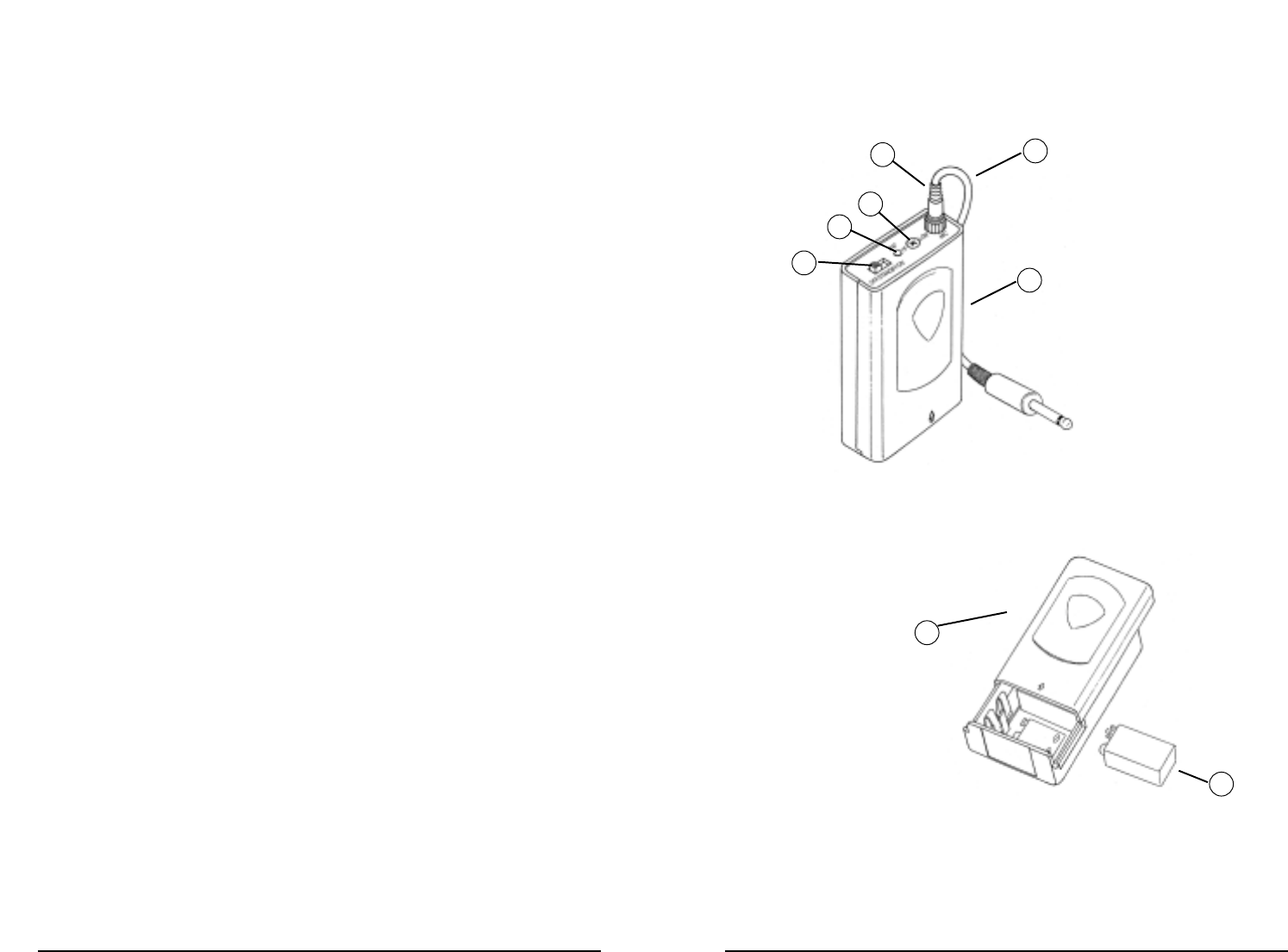
31
30
30
32
33
34
32
35
13
WHT-15 HANDHELD MICROPHONE TRANSMITTER
1. Unscrew the BATTERY COMPARTMENT COVER (17) and remove, exposing the BATTERY
HOLDER (18). Insert a fresh 9V ALKALINE BATTERY (19), observing the correct polarity as
marked, and screw the cover back on to the microphone. Make sure the cover is screwed
on completely. A fresh alkaline battery can last up to 16 hours in use, but in order to
ensure optimum performance, it is recommended that you replace the battery after every
10 hours of use.
2. Turn on the WHT-15 by sliding the OFF/STANDBY/ON SWITCH (20) to the STANDBY
position (transmitter on, audio muted) or the ON position (transmitter and audio both on).
The BATTERY INDICATOR LED (21) will give a single quick flash, indicating usable battery
strength. In the case of a dead or low battery, the LED will either not go on at all or will
stay on continuously, indicating that the battery should be replaced with a fresh one. To
preserve battery life, turn the transmitter off when not in use.
3. The microphone is now ready to use. The A and/or B DIVERSITY LED INDICATORS (8)
and most or all of the RF LEVEL DISPLAY LEDs (9) on the XR-61 receiver should now be lit,
indicating a received signal from the transmitter. When ready to speak, slide the transmitter
switch to the ON position. Adjust the volume of the receiver as per the Audio Output
Microphone Connection section of the above XR-61 receiver instructions. The AF LEVEL
LED DISPLAY (13) on the XR-61 receiver will light up to 5 LEDs (4 green and 1 red) for all
input signals. Occasional flickering on and off during use of the top red LED indicator in
this display is normal, however if the red LED stays on continuously, it means the signal is
too loud and there is the possibility of overload distortion. Back off from the microphone
until the red LED indicator only flickers on peaks.
[Note: Observe care in selecting P.A. volume, transmitter location and speaker placement
so that acoustic feedback (howling or screeching) will be avoided.]
[Note: Microphone elements can easily be destroyed by the buildup of salts and minerals
from perspiration and saliva. It is good practice to put a windscreen on the mic element at
all times to protect it.]
8



